Proton Mail vs. Tutanota: Which Is Right for You?
In today's digital age, where online privacy is increasingly under threat, secure email services have become essential for protecting sensitive information. Proton Mail and Tutanota are two leading providers in this space, offering robust encryption and privacy features. This article compares Proton Mail and Tutanota to help you decide which service is right for your needs, whether you're a privacy enthusiast, a business professional, or simply someone looking to safeguard your personal communications.
Security Features
Both Proton Mail and Tutanota prioritize security, but they approach it in slightly different ways.
-
Proton Mail: Developed by scientists from CERN and MIT, Proton Mail uses end-to-end encryption, ensuring that only the sender and recipient can read the emails. It also offers two-factor authentication (2FA) for added security and allows users to send self-destructing emails. Additionally, Proton Mail's servers are located in Switzerland, a country known for its strong privacy laws.
-
Tutanota: Similarly, Tutanota provides end-to-end encryption for emails, contacts, and calendars. It also offers 2FA and has a unique feature that encrypts the subject line, attachments, and body of the email. Tutanota's servers are based in Germany, which also has robust data protection regulations.
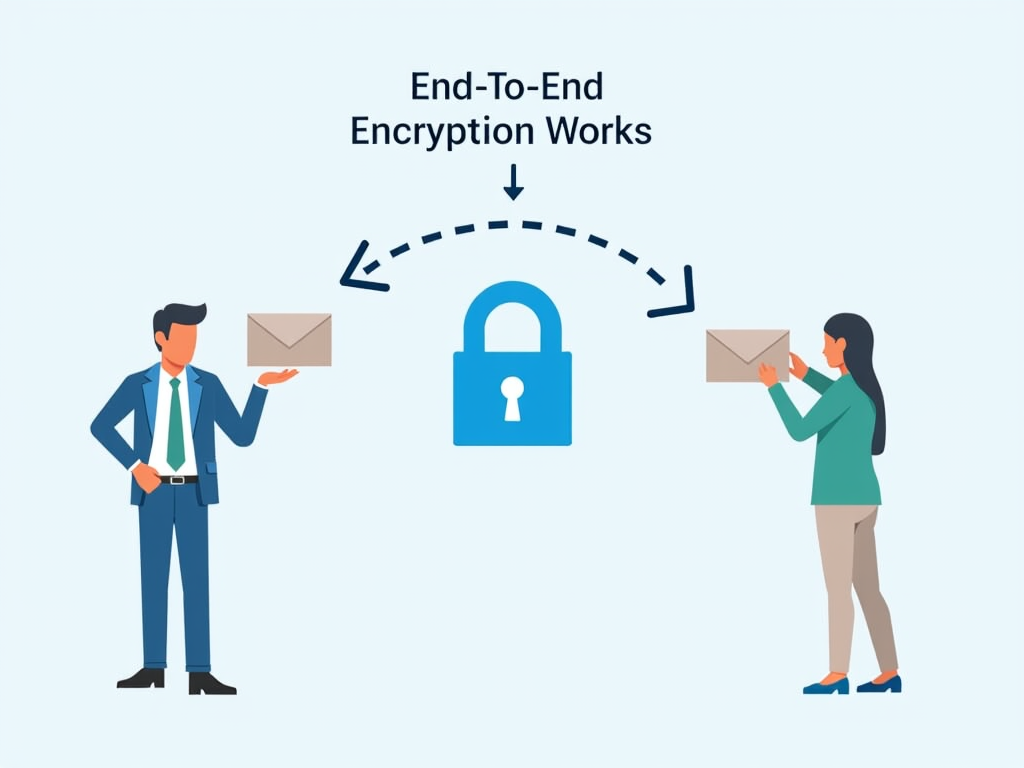
Ease of Use
When it comes to user experience, both services have their strengths.
-
Proton Mail: The interface is clean and intuitive, making it easy for beginners to navigate. It offers a mobile app for both iOS and Android, allowing users to access their emails on the go. Setting up an account is straightforward, and users can import their contacts from other email services.
-
Tutanota: Tutanota's interface is also user-friendly, with a minimalist design that focuses on functionality. It provides mobile apps for iOS and Android and allows users to import contacts. However, some users might find the setup process slightly more complex due to the additional security measures.
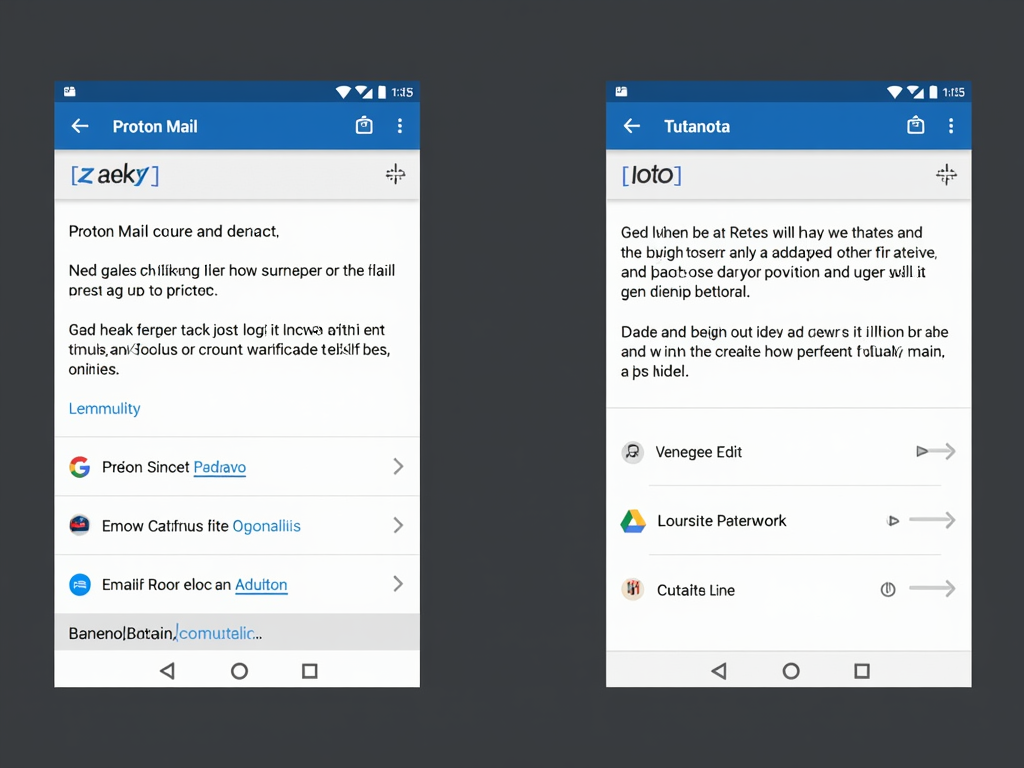
Pricing and Plans
Both services offer free and paid plans, catering to different user needs.
-
Proton Mail:
-
Free Plan: Includes 500 MB of storage, 150 emails per day, and basic features.
-
Paid Plans: Start at $5 per month for 5 GB of storage, custom domains, and additional features like priority support.
-
Tutanota:
-
Free Plan: Offers 1 GB of storage, one user, and basic features.
-
Paid Plans: Begin at €1 per month for additional storage, custom domains, and more users.
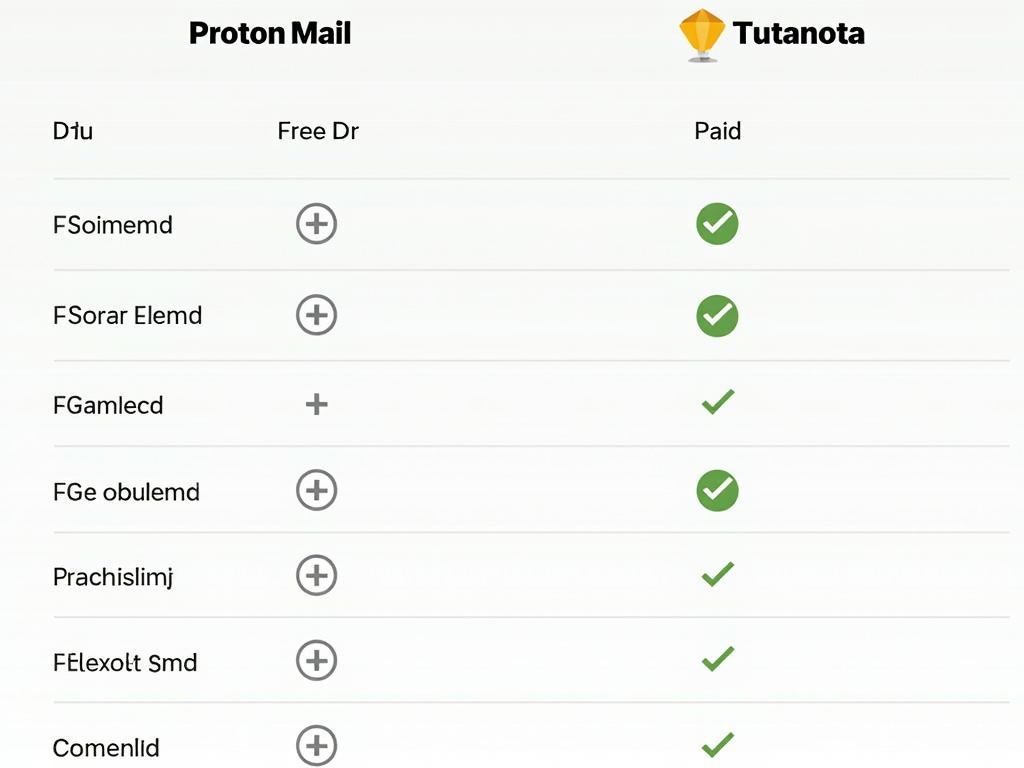
Unique Features
Each service has unique offerings that might appeal to different users.
-
Proton Mail: In addition to email, Proton Mail offers a VPN service, ProtonVPN, which provides secure internet browsing. It also has a calendar feature and is planning to launch a cloud storage service.
-
Tutanota: Tutanota includes an encrypted calendar, which is integrated with the email service. It also offers a secure contact form for websites, allowing visitors to send encrypted messages directly to the site owner.
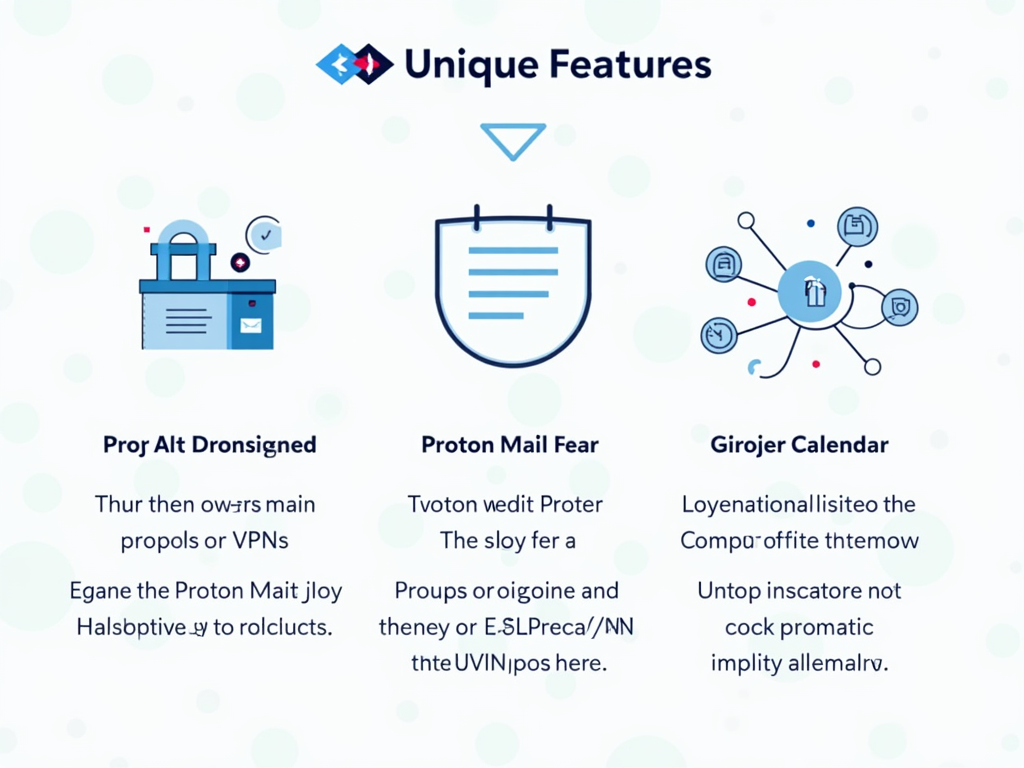
Target Audience
Choosing between Proton Mail and Tutanota depends on your specific needs and preferences.
-
Proton Mail: Ideal for users who want a comprehensive suite of privacy tools, including VPN and calendar features. It's also suitable for those who prefer a more established service with a larger user base.
-
Tutanota: Best for users who prioritize simplicity and a straightforward email experience. Its encrypted calendar and contact form make it a good choice for individuals and small businesses looking for integrated privacy solutions.
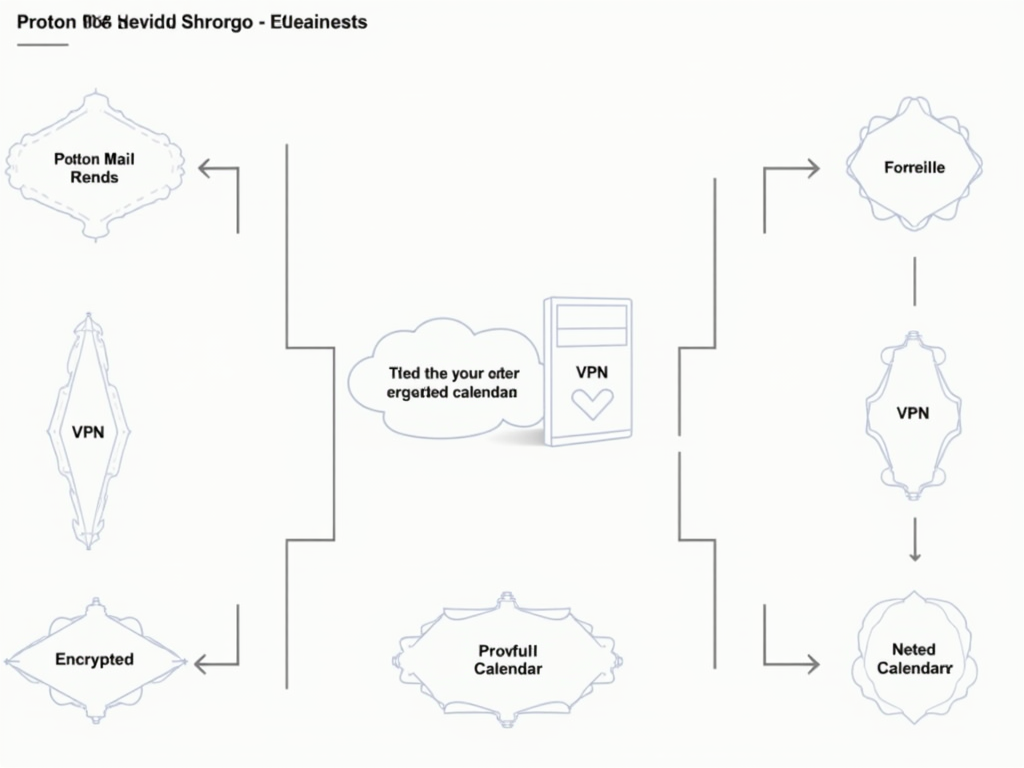
In conclusion, both Proton Mail and Tutanota offer excellent security and privacy features, making them strong contenders in the secure email market. Proton Mail stands out for its additional privacy tools like VPN and its user-friendly interface, while Tutanota excels with its integrated calendar and simplicity. Ultimately, the choice depends on your specific requirements and preferences. If you need a more comprehensive privacy suite, Proton Mail might be the better option. If you prefer a simpler, more focused email service with integrated features, Tutanota could be the way to go.